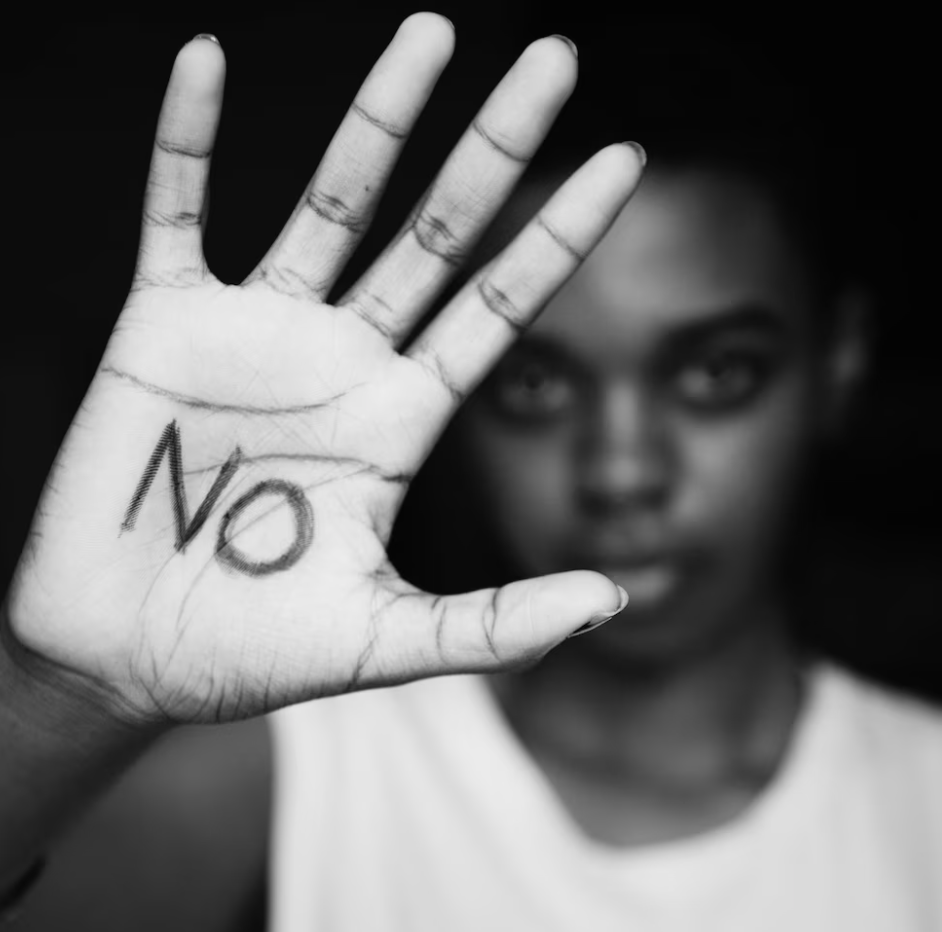Taking a Stand Against Modern-Day Slavery: How to Help End Human Trafficking

Human trafficking is a global problem that affects millions of people around the world. It is a crime that is often hidden in plain sight, with victims being forced into labor or sex work against their will. The United Nations defines human trafficking as “the recruitment, transportation, transfer, harboring, or receipt of persons by means of threat or use of force or other forms of coercion, of abduction, of fraud, of deception, of the abuse of power or of a position of vulnerability, or of the giving or receiving of payments or benefits to achieve the consent of a person having control over another person, for the purpose of exploitation.”

Defining the problem
Human trafficking is a growing problem that affects people of all ages, genders, and nationalities. It is estimated that there are 40 million victims of human trafficking worldwide, with women and children being the most vulnerable. Human trafficking is a highly profitable industry, with traffickers making billions of dollars each year by exploiting vulnerable individuals for labor or sex work.

Victims of human trafficking often suffer from physical and emotional abuse, as well as from trauma and long-term psychological damage. Many victims are forced to work in dangerous or degrading conditions, with little or no pay. Some are forced to work in mines, factories, or farms, while others are forced into prostitution or other forms of sexual exploitation. Victims are often kept in isolation and are denied access to medical care, education, and other basic human rights.
Solutions to Human Trafficking

The fight against human trafficking requires a concerted effort from all levels of society. Here are some solutions to consider:
- Prevention: Prevention is key to combatting human trafficking. Awareness and education can go a long way in helping people recognize the signs of trafficking and protect themselves and their loved ones from being exploited. Governments and organizations should focus on increasing public awareness of human trafficking, providing education on the issue, and supporting vulnerable communities.
- Protection: It is essential to protect the victims of human trafficking. Governments and organizations should provide support and services to help victims recover from their trauma and reintegrate into society. This includes providing access to healthcare, legal assistance, and job training.
- Prosecution: Traffickers must be held accountable for their actions. Governments and law enforcement agencies should work to identify and prosecute traffickers, dismantle trafficking networks, and seize their assets. This includes working with international partners to track down traffickers and extradite them to face justice.
- Partnership: Fighting human trafficking requires collaboration and partnership among governments, organizations, and individuals. Everyone has a role to play in ending this heinous crime. By working together, we can make a difference in the lives of those affected by human trafficking.
How Can You Contribute?

As an individual, you can play a vital role in ending human trafficking. Here are some ways you can contribute:
- Educate yourself: Learn about human trafficking, its causes, and its impact. There are many resources available online that can help you understand the issue and its complexity.
- Raise awareness: Spread the word about human trafficking by talking to your friends and family, sharing information on social media, and supporting organizations working to combat trafficking.
- Volunteer: There are many organizations working to combat human trafficking that need volunteers. Consider volunteering your time and skills to help support their work.
- Support victims: Support organizations that provide services to victims of human trafficking. You can donate money, clothing, or other items to help support their work.
- Advocate for change: Contact your elected officials and urge them to support laws and policies that combat human trafficking. You can also advocate for changes in your community to prevent trafficking and protect vulnerable populations.

Human trafficking is a global problem that requires a comprehensive and coordinated response. It is up to all of us to raise awareness, educate ourselves, and take action to end this heinous crime. Together, we can make a difference in the lives of millions of people who are affected by human trafficking.









